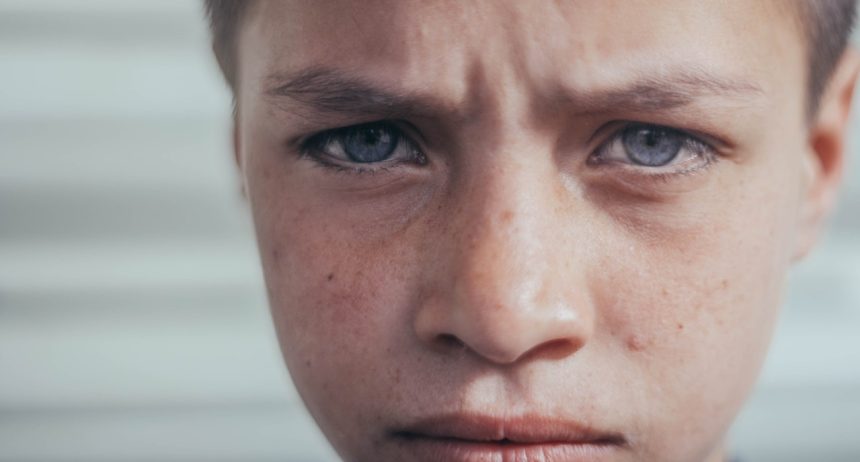Everyone knows that the eyes are an important part of our body, and if something’s wrong with them, we need to know it right away. However, not all eye problems present themselves with obvious symptoms or signs.
That is why it is important to be aware of some of the common indicators that could signal an underlying problem with your vision. In this blog post, we will take a closer look at what these signs are and how you can recognize them in order to better protect your eyesight.
Signs of eye problems in adults
As we age, our bodies change in many ways. Our eyesight is one of the first things to start declining. This can make it hard to perform everyday tasks, such as reading or driving. If you notice any changes in your vision, it’s important to see an eye doctor right away. Here are some common signs of eye problems in adults:
Blurry vision: This is often one of the first signs of age-related macular degeneration (AMD), which is a leading cause of blindness in older adults. If you notice that your vision has become blurry, don’t wait to get it checked out.
This is often one of the first signs of age-related macular degeneration (AMD), which is a leading cause of blindness in older adults. If you notice that your vision has become blurry, don’t wait to get it checked out. Difficulty seeing at night: Night blindness can be a sign of cataracts, which are cloudy spots on the lenses of your eyes. Cataracts are very common in older adults, and they can eventually lead to complete blindness if left untreated.
Night blindness can be a sign of cataracts, which are cloudy spots on the lenses of your eyes. Cataracts are very common in older adults, and they can eventually lead to complete blindness if left untreated. Sensitivity to light: If bright lights bother your eyes or you find yourself squinting more than usual.
If you want to know about more information. Please Click here: How rare are Sanpaku Eyes
Signs of eye problems in children
There are a few signs that parents can look for when trying to determine if their child has an eye problem. One sign is if the child begins to rub their eyes more frequently than usual or if they start holding objects close to their face in order to better see them.
Other signs include a decrease in performance at school, squinting often, tilting the head to one side, and having trouble reading or doing other close-up work. If you notice any of these signs, it’s important to take your child to an eye doctor for a comprehensive exam.
How to prevent eye problems
There are several things you can do to prevent eye problems:
1. Eat a healthy diet. Eating plenty of fruits and vegetables is good for your overall health, and it can also help reduce the risk of developing certain eye problems. For example, eating foods that are rich in antioxidants, such as spinach and carrots, may help reduce the risk of cataracts.
2. Get regular exercise. Exercise helps improve circulation and can reduce the risk of developing diabetes, which is a leading cause of blindness.
3. Wear sunglasses. Sunglasses help protect your eyes from harmful ultraviolet (UV) rays, which can increase your risk of developing cataracts, macular degeneration, and other eye problems. Look for sunglasses that block out at least 99% of UV rays.
4. Quit smoking or don’t start smoking. Smoking increases the risk of developing age-related macular degeneration, cataracts, and other serious eye problems. If you smoke, quitting is the best way to protect your eyesight.
5. Have regular eye exams. Seeing your doctor or an optometrist regularly for an eye exam can help ensure that any potential eye problems are detected early on and treated appropriately.
Click here if you want to know about a special situation of Eyes: How rare are Sanpaku Eyes
When to see a doctor for an eye problem
If you experience any of the following symptoms, you should see a doctor as soon as possible:
-Blurry vision
-Floaters or flashes of light in your field of vision
-A sudden change in the appearance of your eye or surrounding area
-Eye pain or discomfort
-Sensitivity to light
-Redness in the eye
If you have an ongoing problem with your eyes, such as dryness, itchiness, or excessive tearing, you may also want to see a doctor.
Conclusion
Eye problems can have serious consequences if not treated correctly. That is why it is so important to be aware of the signs and symptoms that could indicate a problem with your eyes. From blurry vision and redness in the eye, to extreme sensitivity to light and double vision, these are all potential indicators that something may be wrong with your eyesight. If you experience any of these symptoms, or any other concerning changes in your vision, you should speak to an optician or ophthalmologist as soon as possible for further diagnosis and treatment.












